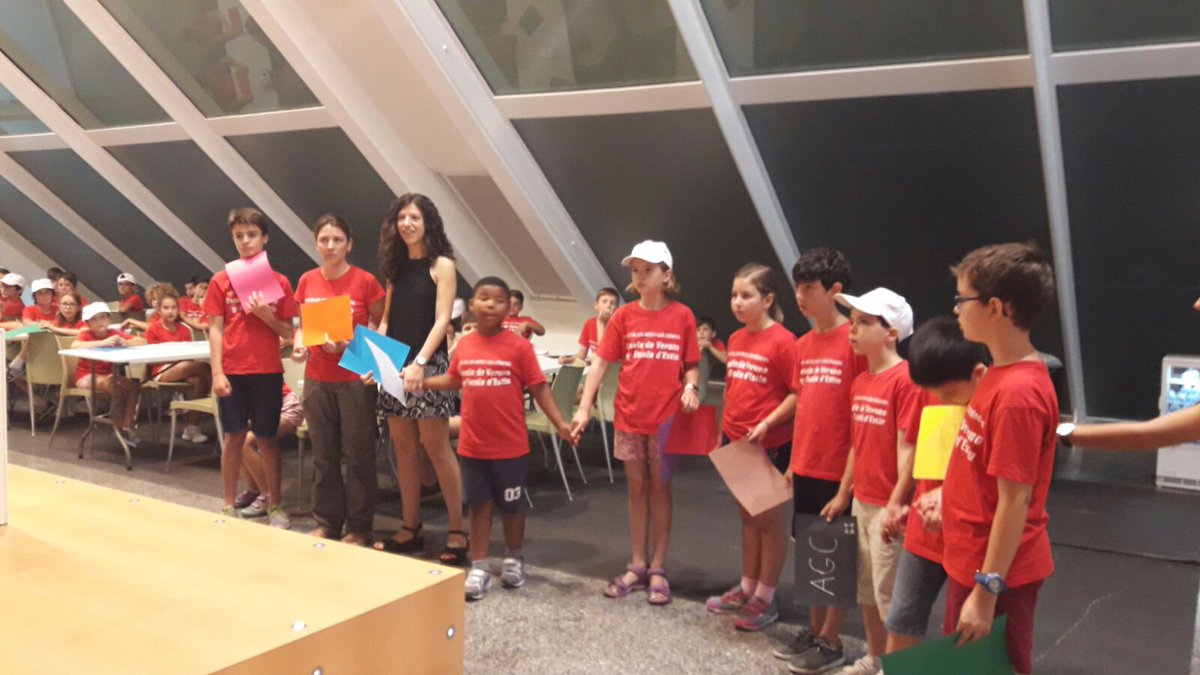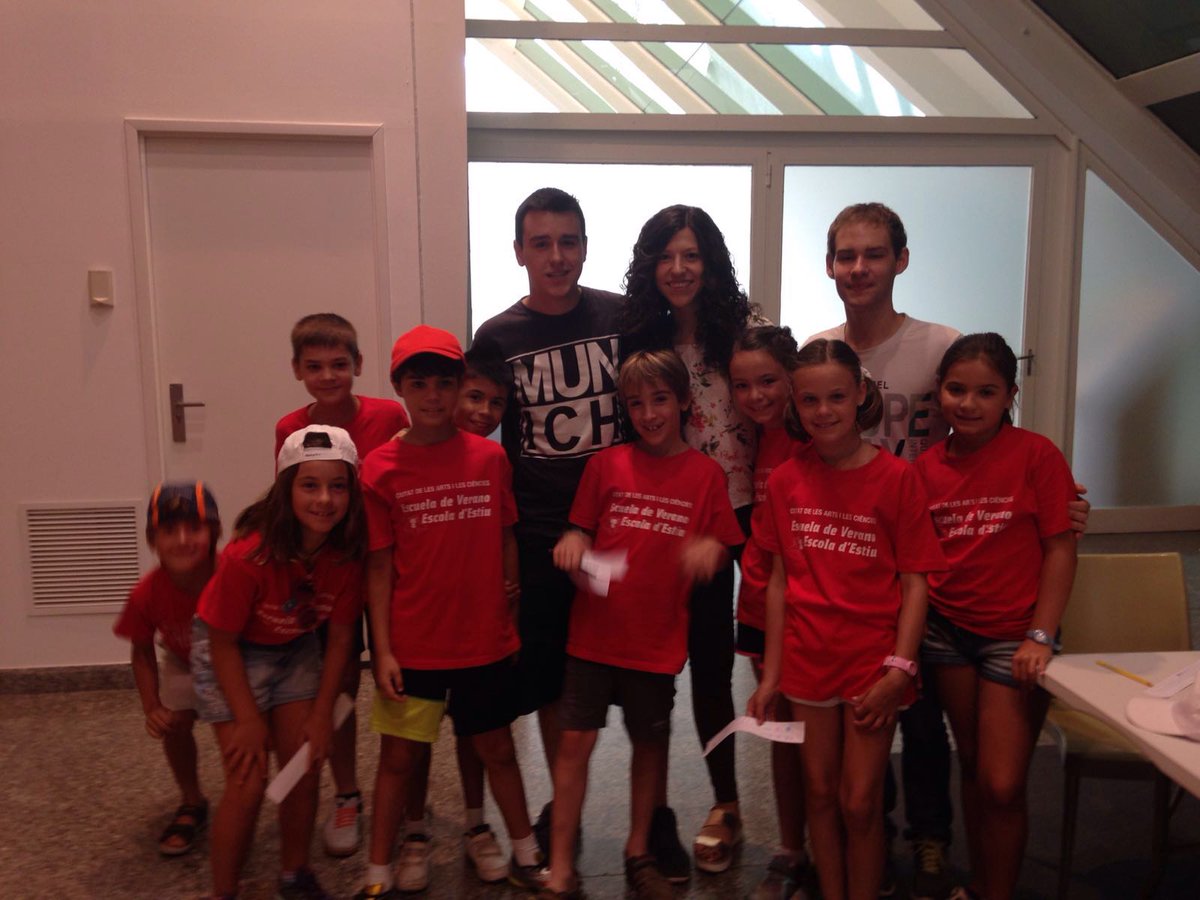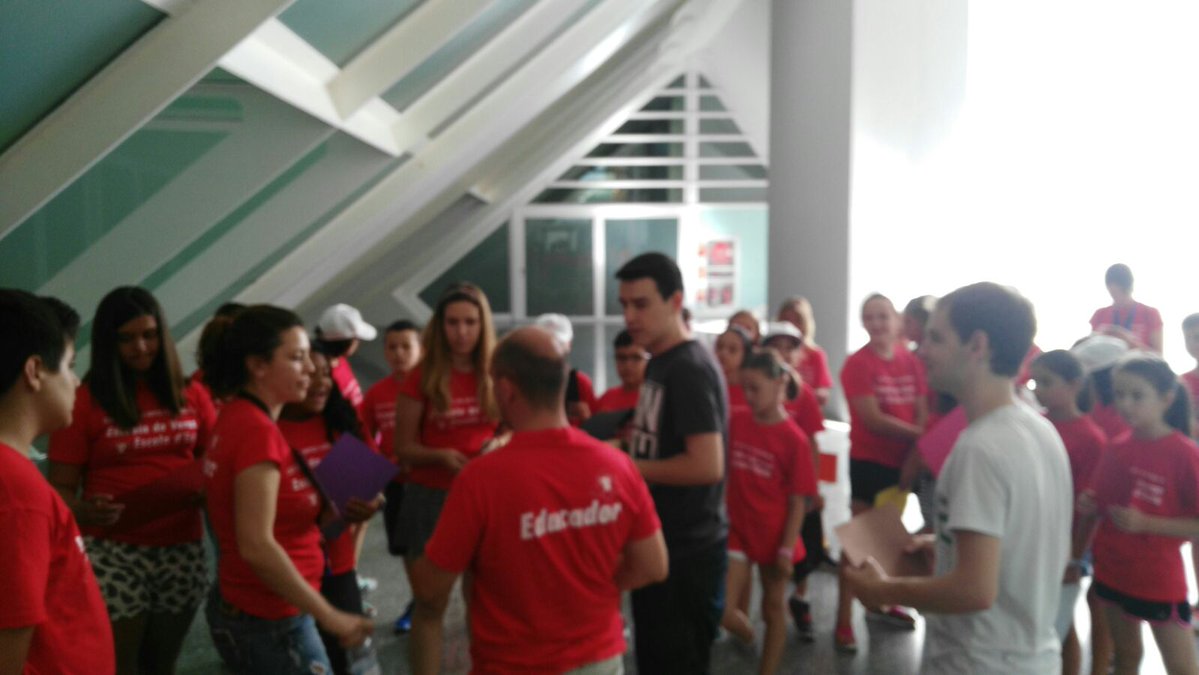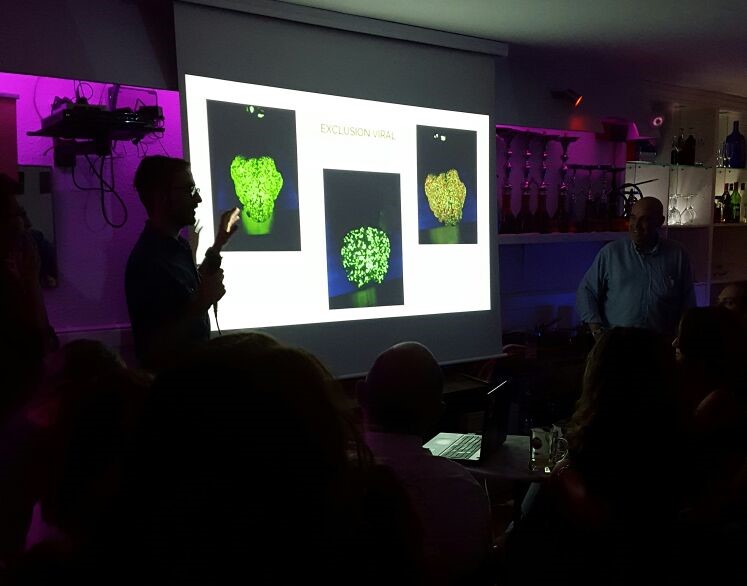Social Engagement
Survey: new plant breeding techniques
Social opinion about research and science can affect
development and exploitation of innovative
technologies. By taking in account people opinion, we
can obtain benefits for society in different issues
such as health or environment, allowing to introduce
science in a way that it can be more accepted.
For that reason, HYPE-IT project opts for mutual
communication between society and scientists. It is
utmost important for us to know how our project can be
leveraged by users and potential beneficiaries.
To gain further insight into general knowledge about
some plant breeding techniques such as genome editing,
transgenesis or genetic engineering, a survey has been
carried out. Our goal was to know if people knew the
difference between these plant breeding techniques, and
if they have or not solid reasons to be in favor or
against genome editing.
One hundred fifteen people between the ages of 16-68
were interviewed. Survey represents most of the levels
and fields of study (science, engineering, arts,
primary school, college, etc).
They were asked if they knew current plant breeding
techniques in order to reveal us the general society’s
knowledge about it. Afterwards, we wanted to know which
of these techniques they think that are currently being
used. In other words, how people think that crops are
improved to get higher nutritional quality fruits.
Figure 1 shows that hybridization - also known as
cross-species – and artificial selection – best plants
are selected – are the most known techniques. As it can
be checked, induced mutagenesis and polyploidy are the
least known techniques.

Figure 1. Plant breeding techniques known by the surveyed.
It is interesting to notice that only the 33.9% of
people consider that induced mutagenesis is normally
used. However, this is actually one of the most common
techniques for plant breeding, together with
hybridization and artificial selection. One of the main
conclusions that we can get from this analysis is that
genome editing techniques have the most significate
difference between what is known and what people think
it is used.
People were asked about which plant breeding technique
they think is the best and the worse from a
nutritional, health and economical point of view. As
seen in figure 2, the 44.3% chose artificial selection
followed by the 23.5% that think that genetic editing
is the best one. On the other hand, 68.7% consider that
induced mutagenesis is not the best option to improve
fruits’ quality. It is remarkable that only the 3.5% of
the interviewed chose the genetic editing as the worse
plant breeding technique. This is an encouraging
result, as it seems that plant editing is not seen as
bad as transgenics.

Figure 2. Opinion about the best and worst plant breeding techniques, from a nutritional, health and economical point of view.
As we can see in the Figure 3, there are many people
who affirms to know about transgenic products. The
interesting point is that just half of them are aware
of the difference between transgenics and genome edited
plants. This fact means that this new technology has to
be diffused and communicated to society.
It is also noticeable how society claims about
preferring artificial selection over the other
techniques. 85% of people who voted against consuming
genome editing or transgenics said that they would
rather eat “natural products”. For most of this same
surveyed, induced mutagenesis was the worst technique
to be used for plant breeding. It is possible that they
do not know that it is a common technique. For that
reasons, our team found as necessary science
communication with society. It is important to know the
difference between what we eat and what we think we
eat.

Figure 3. Knowledge about what transgenics are and the difference between them and genome editing.)
If we scientists are able to explain why all plant
breeding techniques are equal on its outcomes, it is
possible that people will accept gene editing and
transgenics, allowing and even helping in a new and
necessary revolution of crops.
Every child is a scientist
Kids are natural scientists. They have an enquiring spirit. They are very curious and aren’t afraid to admit that they do not know something. Exploring and drawing conclusions from their experiences allow them to build a more predictable world. That is why we think that childhood is the suitable moment to impress them the passion for research and knowledge. This way, it is possible to start educating society to analyze and interpret science, instead of rejecting innovation. If they understand, they will have the ability to receive change without fear.

This summer, we have taken part of their adventure of
learning at the Summer School of the City of Arts and
Sciences from Valencia. They have been approached
biological aspects from cell biology such as molecular
genetics or the main biological processes –
replication, transcription and translation. But we
strongly believe that young children learn best through
doing, so apart from a brief introduction, we have
mainly focused on practical activities and games to
strengthen the concepts as much as possible. They have
had to adopt the role of the main enzymes such as
polymerases and ribosomes to carry out the processes of
transmission and expression of genetic heritage. To get
this, we have proposed some games like creating a
protein from a DNA sequence by adding amino acids,
writing their names nucleotides based on an imaginary
genetic code, or guessing the genetic similarities
between different species.
With all these games we also wanted to impress on
children the idea of what scientific investigation
involves. Real examples of proteins and experiments
were used to show that not everything works the first
time, even in real organism, mutations and other errors
occur. Furthermore, some experiments fall in a heap, so
they had to find out what went wrong, guess why, and
try again. And this is one of the main characteristics
of science, it involves a lot of debate, talking and
listening to others and meet group agreements and
conclusions.
Children have very enquiring minds, thus they are
always asking questions and wondering about what could
happen before they do something, creating hypothesis in
their minds. Those approaches are very interesting to
be stimulated since young, in order to face reality
with a critical thinking, but also to help people to
build their own ideas and convictions and refuse non
reliable statements.
But of course, we did not forget that we are iGEMers,
so it was ineludible to talk with them about Synthetic
Biology and all benefits that this field can contribute
to society to make a better world. First of all, they
were enquired about their ideas of what Synthetic
Biology is, and we explained them the repercussion of
biotechnology research on society with some fascinating
examples. Nevertheless, we wanted them to catch the
motivation and desire for creativity, so we proposed
them to create their own organisms by using Synthetic
Biology principles and all their imagination.
It has been clearly an enrichment experience for both
children and us, which has provided us a different
point of perception of biological sciences and how to
face the problems with creative and innovative
solutions. We must maximize children’s potential,
because every child is a scientist.
It is never too late to learn
Fear of innovation comes from ignorance. We believe
that rejection of science advances as synthetic biology
or crop improvement happen because non-expert people
don’t know how these innovations works or what can they
do for us now and in the future. For that reason, we
decided to give a talk about synthetic biology. Its
title was "Learning to program life".
The talk was given in a pub, as part of the initiative
“Skepticals in the Pub” in Valencia, were each Friday
people interested in the topic of the day reunite in a
pub to learn more about the subject. The relaxed
ambient and the dynamic talks serve as appeal for many
people to go to the pub and learn about science by
listening to experts in the field. Even if we are not
true experts, we thought that our team was prepared to
show how synthetic biology works and what impressive
things can be done with it.
Press
One of our proudest publications about our project is our post in the PLoS Blog, where we could explain and present our project in a specialized blog. Hopefully, our post could have reached many people which can be interested: HYPE-IT by Valencia UPV iGEM, Plos Blogs.
As a result of our social impact, many
newspapers and webpages have published about
HYPE-IT project. Many of them have highlighted the
potential of the whole project, as well as the fact
that all of us are high performance students.
Many valencian journals have published articles
explaining the benefits that our project could
provide to local agricultural areas in a near
future. They also emphasize that CRISPR/Cas9
technology is just the beginning of targeted genome
editing techniques.
- Un kit de 450 euros permitirá obtener semillas mejoradas de una planta
- La UPV competirá en el MIT de Boston con un kit para «cortar y pegar» genoma de plantas
- Estudiantes de la UPV irán a Boston a un concurso de biología sintética con un ’corta y pega’ de genoma de plantas
- Un proyecto de la UPV permite mejorar variedades de plantas sin alterar su cualidad
- Alumnos de la UPV llevan a Boston un proyecto para editar genes en plantas
- Jóvenes de la UPV llevan a Boston un proyecto para mejorar las variedades de plantas sin alterar su naturaleza
- La UPV presenta un kit para mejorar plantas en iGEM 2016
- Alumnos de la UPV presentan un maletín para "cortar y pegar" el genoma de las plantas en el iGEM 2016 de Boston
- La Diputación apoya la participación de jóvenes valencianos en un concurso de biología de Massachussets

Polytechnic University of Valencia (UPV) is one of
the best universities of Spain, especially in
Engineering and Biotechnology areas. They strongly
bet for student scientific researches. Generación
Espontánea (Spontaneous Generation) is a student
organization that pretends to gather different
university teams leaded by undergraduates students.
These teams participate in national and
international contests and projects, and our iGEM
team takes part in this organization.
- 9 estudiantes de la UPV participarán en el concurso de biología sintética del MIT con Hype-IT, un sistema de corta y pega del genoma de plantas
- L’edició del genoma de les plantes més accessible amb el maletí Hype-IT
Some valencian public institutions, as Diputació
de València and CSIC (Superior Center of Scientific
Research), have taken part in our project by
offering support.
- Joves de la UPV porten a Boston un projecte per a millorar les varietats de plantes sense alterar la seua naturalesa
- El CSIC participa en el concurso de Biología Sintética iGEM con el proyecto Hype-IT, un sistema de corta y pega del genoma de plantas
Videos
Interviews of the team by local newspaper and
university news have been also published:
HYPE IT, equipo IGEM de la UPV












